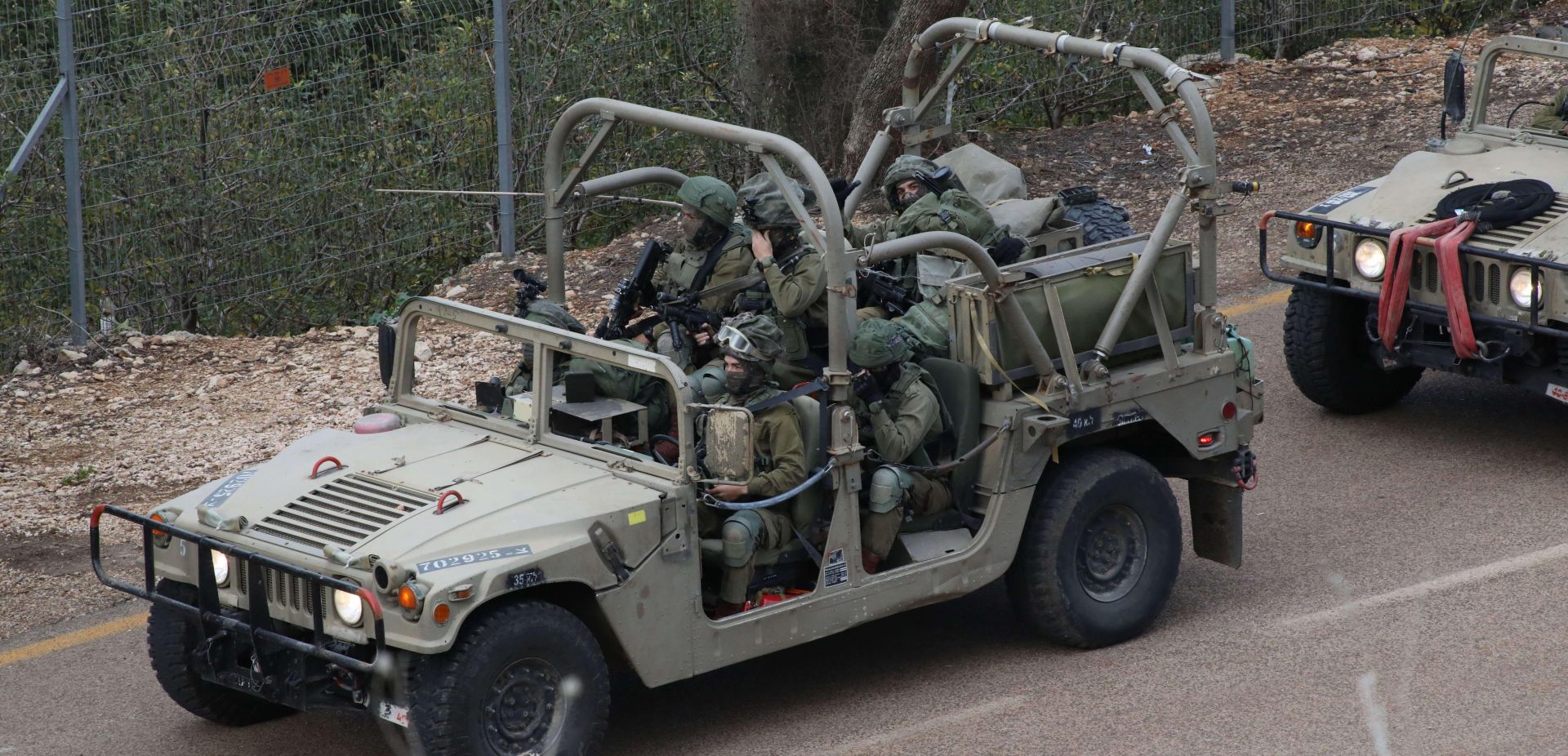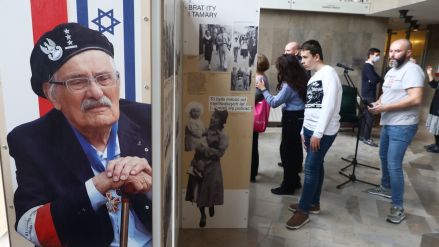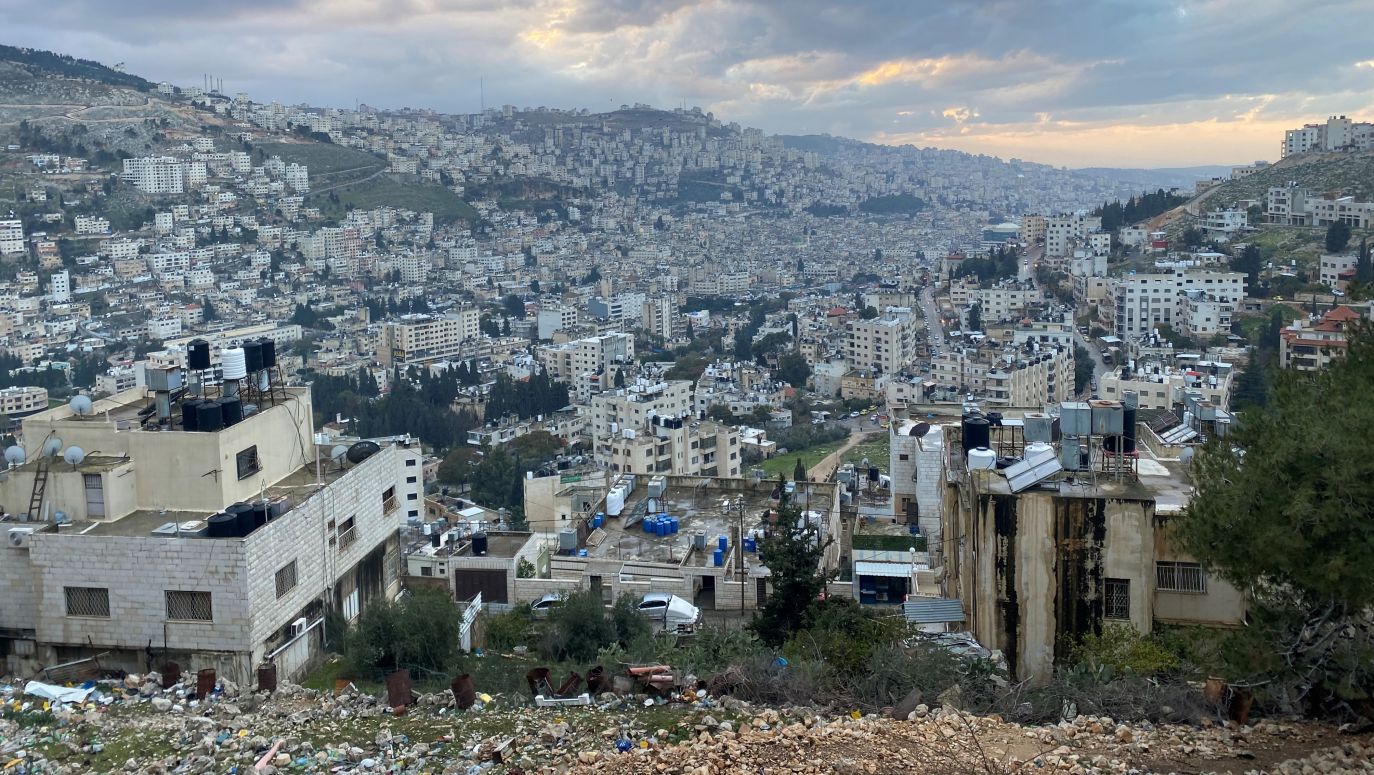PIOTR SEMKA: The final theme of our conversation is an issue that has recently receded into the background a little, but very much surprised Poles unpleasantly a few years ago. That is, the sharpness of the dispute over the amendment of the IPN (Institute of National Remembrance) Act. This is about the 2018 legislation prohibiting the blaming of Poland for the Holocaust.
After their adoption, both sides felt misunderstood: the Jews did not grasp why the Poles did not understand their concerns that making statements about the difficult co-existence of Poles and Jews during World War II could be penalised.
The Poles, on the other hand, felt that it was one thing to establish the truth, about what the reality of the Holocaust was like during the war, and another to be free to use large qualifiers indicating that all Poles have blood on their hands, that all Poles must account for the legacy of crimes against Jews. Is this a current theme in Israel today?
IGOR JANKE: Like all the themes we raised earlier in the conversation, this is extremely complicated. It's not a simple story and it's not a story that we're going to solve with some single inter-state agreement.
PIOTR SEMKA: Is Poland now considered an unimportant country by the Israelis?
IGOR JANKE: Certainly Poland has not received as much attention in the Israeli media over the last 10 years as we in Poland have given to Israel. Poland is a country that is on the radar there, but it is not a very important one. Of course, it evokes a great deal of emotion. Because on the one hand, as I mentioned before, you constantly meet someone who was born in the Republic itself, or his parents were born in the Republic, his family comes from here. These stories come up all the time. On the other hand, the stories that these people, and these families, bring with them are different. This is a situation that is difficult for us to understand. We know that not all Poles sold Jews, that it was just a group of criminals, degenerates, but in the stories of the Israelis it sounds various.
PIOTR SEMKA: Such thinking: "For my great-grandmother the most important thing was the blackmailer. And the fact that Sikorski's soldiers fought against the Germans was something I found out by accident"?
IGOR JANKE: Yes. When I talk to my Israeli family they said to me: "but you're from Poland well yes, of course, we have roots in Poland, yes, our grandmother ran away, but you know, we don't have good memories of that time from Poland. Grandma was running away somewhere and some Pole denounced her, or she was afraid that this Pole would denounce her. He might not even denounce her, but she was afraid he might do it." This has remained. It is the strongest memory that she later passed on to her whole family. I had the opportunity to talk to many Jews and I understood how strongly this is in their personal stories zakodowane.
 SIGN UP TO OUR PAGE
SIGN UP TO OUR PAGE

And on the other hand, there is no full knowledge in Israel of how Poles helped, because we did not take care of it for years. After the war, it was someone else who told our stories. Poles were not allowed to report on what really happened in Poland.
PIOTR SEMKA: All right, but now we hear that the Polish government, after perhaps two years of stopping educational excursions for schoolchildren from Israel to Poland, have finally agreed to reinstate them. Except that the Israeli authorities can no longer attach armed bodyguards to such tours without consulting Poland, and that the Poles have a greater say in diversifying such visits, so that the programme includes not only concentration camps, but also Kraków's Kazimierz or other traces of Jewish culture on the Vistula River. Do you think that this worst phase of relations between our countries, which we have experienced in recent years, is over?
IGOR JANKE: I have the impression that we are. Maybe not completely, but we are closer to each other than further apart. That is my impression. A new image of Poland is slowly breaking through in Israel, of a modern country that is worth visiting not only to see Auschwitz. Many people have told me, for example, about our mutual colleague, former journalist, former Polish ambassador to Israel, Marek Magierowski. As you know, he was informally expelled because when he went to Poland on holiday, one of the ministers said publicly: "you may not come back".
[This decision was made by the Israeli authorities when Poland adopted an amendment to the Code of Administrative Procedure, according to which after 30 years have passed since an administrative decision was issued, it will be impossible to proceed to challenge it, which would limit further restitution of former Jewish property. Magierowski is currently the Polish ambassador to the US - ed.]
PIOTR SEMKA: And now he's missing a bit, right?
IGOR JANKE: I heard from a great many people who admitted that this was a big mistake by one man from the Israeli Foreign Ministry. They regretted it very much. All right, but this big mistake of one man came from something. From a certain mindset. The state of Israel is built on the myth of the Holocaust. This pain is not relieved, it is even heated. They keep saying: we have to fight, we are constantly threatened by something.
As a result, they still remember that it was in this Poland that the camps were. And it is still blending together for them, this history is very difficult and will be difficult. In my opinion, it must take many, many generations for these wounds to heal and for us to know our history well, to research it well, but above all to do other things with each other than just dealing with difficult history, but we still have to work through this history too. We need to talk to each other a lot.
It is optimistic that today, planes between Tel Aviv and Warsaw and other Polish cities run several times a day. Most Israelis come to do their shopping, not just to visit Auschwitz. And they see a different, modern, interesting, open Poland.
– Igor Janke was interviewed by Piotr Semka
- Translated by Tomasz Krzyżanowski
TVP WEEKLY. Editorial team and jornalists
Igor Janke visited Israel in January/February 2023 preparing material for 'The Open System', the trip was funded by advertising revenue and funds from patrons of the podcast.




 SIGN UP TO OUR PAGE
SIGN UP TO OUR PAGE
 And on the other hand, there is no full knowledge in Israel of how Poles helped, because we did not take care of it for years. After the war, it was someone else who told our stories. Poles were not allowed to report on what really happened in Poland.
And on the other hand, there is no full knowledge in Israel of how Poles helped, because we did not take care of it for years. After the war, it was someone else who told our stories. Poles were not allowed to report on what really happened in Poland.



